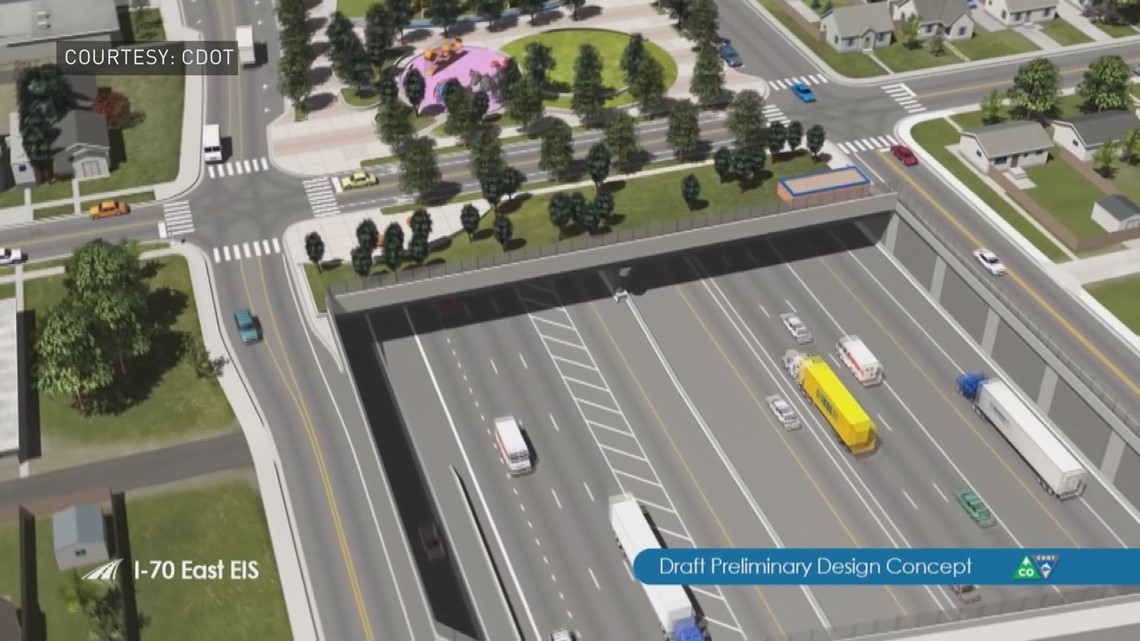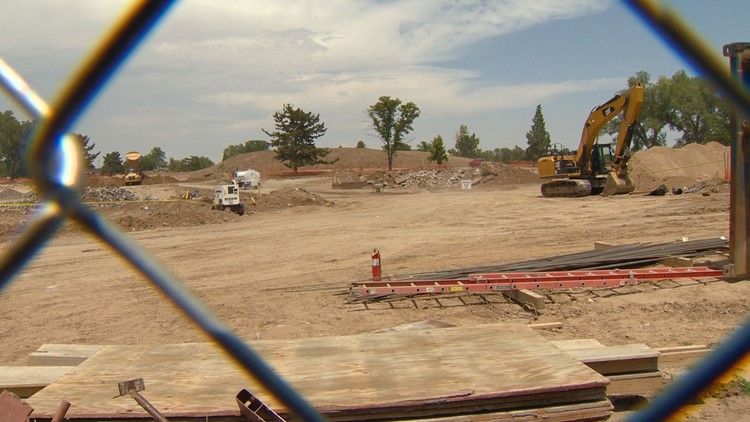DENVER — For decades, the eyes of Brian Hyde were focused on what's falling from the sky and where it might be heading.
"When it rains like it did the last two days, I think about those days when it was really worse than that," Hyde said.
Hyde used to work for the Colorado Water Conservation Board as its floodplain manager. He knows how to design streets in a way so that water is forced to fill flood basins instead of neighborhoods.
"The first thing I would do is make sure that I know the history of this watershed," Hyde said,
Later this summer, construction will begin on a 10-mile stretch of I-70 north of downtown Denver. Right now, stormwater runs along the viaduct underneath, but Rebecca White with the Colorado Department of Transportation says engineers plan to change that, so the highway can handle intense rain.
"It's basically a series of detention ponds and other engineering features that allows us to stop the water, slow it down, and move it on, so it never touches the highway," White said.
The new design will put the highway "below grade" - meaning CDOT's removing the viaduct and essentially creating a sunken stretch of highway - which Hyde says is a bad idea.


"You're going below a flood plain that was only recently mapped in detail," Hyde said. "You're going below grade, and then trying to figure out a way that you can protect something that's lower than the flood elevation."
White says the improvements will handle the water without problems.
"The design solution really comes in with big pipes and detention areas, and once we size it right, the solution is not that hard," White said.
The City Park Golf Course is being redesigned by Denver's Department of Public Works to also control flood water in the area. Crews are creating focus basins to keep neighborhoods safe and to help along I-70.
"When we do projects like this, this is our chance to get a hundred-year-fix in there, as well," White said.
Hyde hopes engineers have everything thought out.
"I guess that's part of what I feel here, we've got to do better than what we're doing now," Hyde said.



